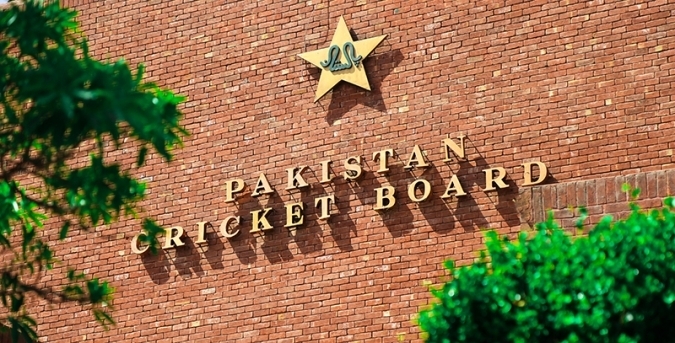As the global monkeypox scare persists, Pakistan has reported two new cases, bringing the total count for 2024 to three. All confirmed cases have been identified in Khyber Pakhtunkhwa, with the latest confirmations announced on Friday.
The three individuals who tested positive contracted the virus after returning from an Arab country. In response, Pakistan has intensified airport surveillance following the confirmation of the first case in Peshawar on August 15.
After the initial case was reported, the National Health Ministry issued a health advisory. The first patient, a man from Khyber Pakhtunkhwa who had recently returned from the Gulf region, tested positive, and his samples were sent to the National Institute of Health for further confirmation. The patient is currently exhibiting mild symptoms, and contact tracing efforts are underway to collect additional samples. All provinces have been instructed to appoint focal persons specifically for monkeypox.
READ MORE: Karachi Hit by Largest Robbery of 2024
Border Health Services have been directed to enforce strict monitoring at all entry points. Additionally, the National Institute of Health has released preventive guidelines.
Globally, there have been 99,518 confirmed cases of monkeypox and 208 related deaths across 122 countries.
In Pakistan, authorities have been instructed to establish isolation wards in designated hospitals, stock antiviral medications, and ensure the availability of personal protective equipment (PPE) for healthcare workers.
Further samples have been collected from close contacts of the infected individuals, and monitoring at all entry points has been intensified to prevent additional cases.
The first case in Pakistan was confirmed shortly after the World Health Organization (WHO) declared monkeypox a global health emergency. Last year, Pakistan reported 10 confirmed cases of monkeypox, all linked to travelers from the Middle East and other regions. The recurrence of cases among travelers highlights the ongoing need for rigorous border screening and monitoring.




